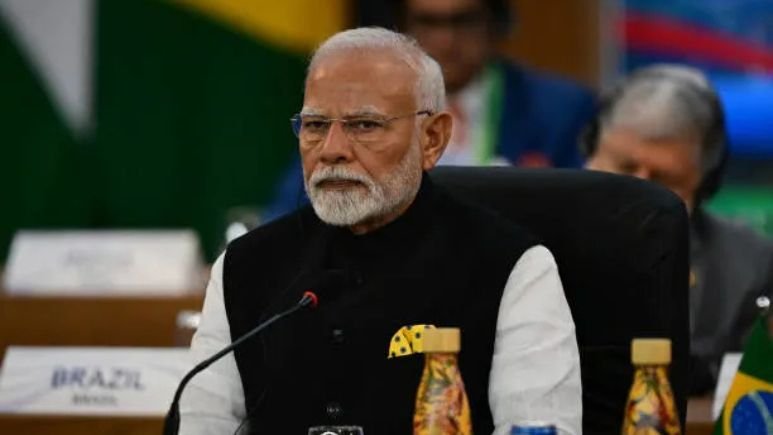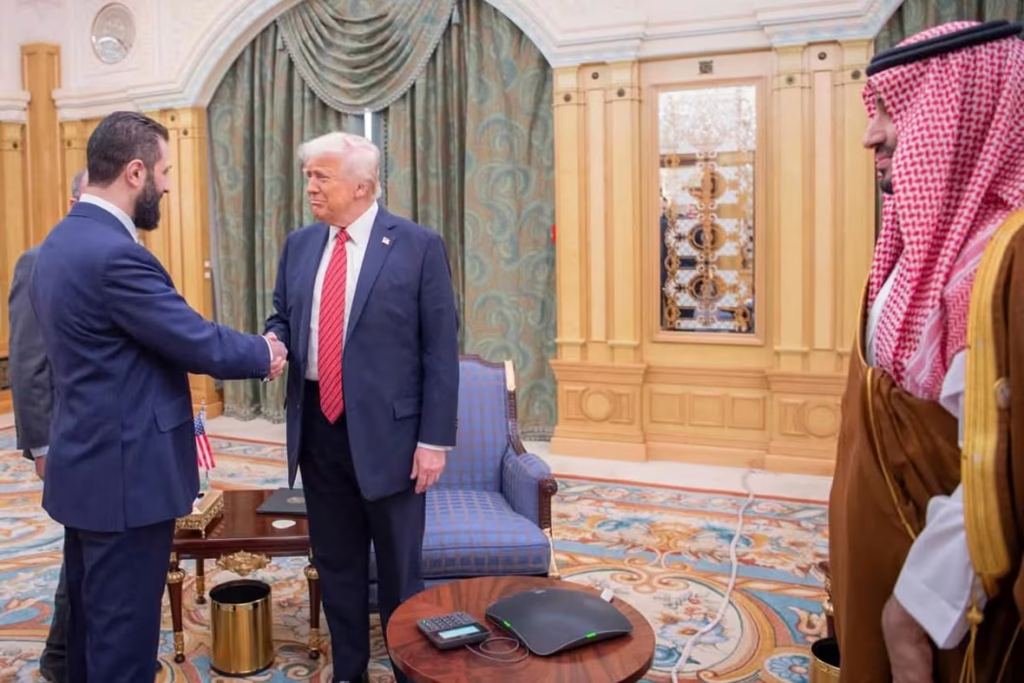PM Modi G20 Summit South Africa: Modi arrives in Johannesburg for the first G20 held in Africa, outlining India’s development agenda, Global South leadership, and a wide slate of bilateral meetings.
South Africa Hosts a Landmark G20 as India Steps Forward
Prime Minister Narendra Modi reached Johannesburg for the twentieth G20 Leaders Summit, a gathering with historic significance as the forum meets in Africa for the first time. The three day event, taking place from November 21 to 23, offers India a major stage to express its global development priorities, shape emerging international debates, and consolidate its leadership across the Global South.
Before departing from New Delhi, Modi reiterated India’s guiding principle of Vasudhaiva Kutumbakam, emphasising inclusive growth and collective responsibility. His message aligns closely with South Africa’s summit theme of Solidarity, Equality and Sustainability, a framework that reflects shared interests across the developing world.
For readers seeking additional context, refer to internal guides on India’s G20 Presidency, Global South diplomacy, and India’s multilateral strategy.
India Pushes Continuity on Global South Priorities
This year’s summit follows a sequence of hosts from the Global South, signalling a steady shift in the international system. India, which chaired the G20 in 2023, remains at the centre of debates on sustainable development, financial reforms, and global equity.
Key areas where India is advocating continuity include:
Food Security and Resilience
The Deccan High Level Principles introduced during India’s presidency remain part of the current negotiations. India is encouraging coordinated global grain policies, stronger nutrition networks, and more reliable supply chains.
Disaster Risk Reduction
India’s push for a dedicated G20 working group on disaster resilience has gained momentum. South Africa has advanced this discussion further by emphasising climate vulnerabilities across Africa and other developing regions.
Digital Public Infrastructure and SDG Delivery
India’s experience with digital payment systems, Aadhaar linked services, and women led development now features in broader G20 conversations. New Delhi is pushing for sharper focus on achieving the Sustainable Development Goals by 2030, stressing digital tools as accelerators.
Government officials noted that South Africa’s priorities on debt relief, green energy transitions, and equitable access to critical minerals match India’s long term positions on reforming global governance.
Readers may explore internal articles on India’s digital public goods, SDG progress, and global economic governance.
A Busy Diplomatic Calendar: Modi’s Bilateral Engagements
Beyond the plenary sessions, Modi’s visit includes a dense schedule of bilateral and regional outreach.
IBSA Summit
Modi is set to join leaders of Brazil and South Africa for the IBSA Summit. Discussions are likely to include cooperation in health, defence, maritime security, and reform of the United Nations Security Council.
Africa Focus
Indian diplomats have confirmed high level meetings with leaders from Nigeria, Kenya, Egypt, and Rwanda. These conversations are expected to expand cooperation in trade, renewable energy, digital infrastructure, and education.
Strategic Consultations
Modi is also expected to discuss global security trends, counterterrorism mechanisms, and Indo Pacific maritime stability with several partner nations.
His planned address to the large Indian diaspora in Johannesburg highlights the cultural foundations of India Africa ties, along with growing economic partnerships.
India’s Intervention at the G20 Table
Modi’s remarks at the summit are expected to centre on several major global concerns.
Climate Responsibility
India will underscore its rapid growth in renewable energy capacity and call for affordable climate finance for developing economies. The message reinforces India’s argument that energy transitions must be both just and accessible.
Counterterrorism
New Delhi plans to push for tighter international coordination on stopping terror financing and preventing the misuse of technology by extremist groups. India continues to position itself as a leading advocate for global counterterror reforms.
Inclusive Technology and Digital Access
Modi is likely to showcase India’s digital governance ecosystem as a model for cost effective service delivery. Discussions may include open technology frameworks, public health data systems, and low cost digital payments.
Internal links may direct readers to topics such as India’s climate commitments, counterterrorism frameworks, and digital inclusion models.
Global Relevance and Leadership Recognition
Ahead of the summit, Modi said the gathering represents an opportunity to voice the aspirations of both India and the wider developing world. He stressed the need for cooperation on peace, sustainable progress, and economic stability.
South African President Cyril Ramaphosa described India as a trusted partner and an essential link between advanced economies and emerging markets. Analysts believe the full membership of the African Union, achieved during India’s 2023 presidency, will see deeper institutional integration during the Johannesburg meetings, reshaping global economic governance for years to come.
What India Gains from the Summit
India’s participation is likely to strengthen its position across several fronts:
- Enhanced credibility as a leader of the Global South
- Greater influence in climate negotiations and development finance
- Deeper partnerships with African nations
- Renewed momentum for digital public infrastructure cooperation
- Structured engagement through IBSA, BRICS partners, and new trilateral formats


